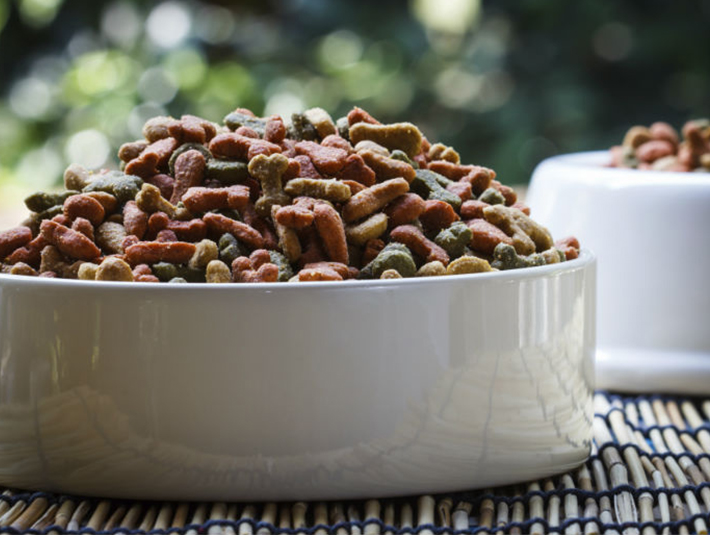In an ideal world, all kibble would be created equal. Instead, dog owners are presented with an overwhelming array of options, all claiming to be the best dog food on the market. Wading through these choices to find a dog food brand that is healthy, affordable, and appealing to your pet is often frustrating. Luckily, we have some advice to help you narrow down your options.
What Makes A Dog Food Good?
Most people feed their dogs processed kibble or wet food. These processed foods might not be appealing to us, but they contain all of the nutrients dogs need to stay healthy. Most quality commercial foods are highly regulated and have undergone rigorous testing by veterinary specialists. So what exactly is in these foods?
Dogs, unlike cats, are not strict carnivores. While meat makes up the majority of their diet, domestic dogs also derive nutrients from grains, fruits, and vegetables. These non-meat foods are not simply fillers. They are a valuable source of essential vitamins, minerals, and fiber. A good dog food will contain meat, vegetables, grains, and fruits. The best dog foods contain high-quality versions of these ingredients that are appropriate for your dog’s digestive system.
Dog Nutrition
The best dog food for your canine companion should meet his nutritional needs. While most commercial dog food brands are specially formulated with at least the minimum nutritional requirements for dogs, it is important to remember that not every dog has the same nutritional needs.
Dogs require a wide range of nutrients in different quantities over the course of their lives. The nutritional needs of a puppy are different from an adult dog, which is why it is a good idea to feed a puppy formula or an all life stages food to your young dog. If you are unsure about the differences in nutritional requirements between puppies and adults, the Merck Veterinary Manual lists the recommended nutrients for dogs, along with the recommended amount by weight and age.
More about dog nutrition and feeding
Dog Food Myths and Misinformation
There is a wealth of misinformation about dog food and dog nutrition on the Internet. You can sort through it by following one simple rule: check your sources. Many well-meaning individuals make claims about dog nutrition without backing them up with scientific evidence. As you do your research, always check to see if the information is supported by a credible source, like a veterinarian, nutritionist, or scientific study. It never hurts to be skeptical, either. If it sounds too good to be true, it probably is.
Many people have concerns about their dogs eating grains or animal byproducts. If your dog has a grain allergy, you should certainly choose a grain-free diet, however, whole grains are actually a source of wholesome nutrients. Quality animal byproducts are also nutritious. These include organs and entrails, which often contain more nutrients than the muscle meat consumed by humans. Regulated byproducts do not include hooves, hair, floor sweepings, intestinal contents, or manure. As with any pet-related inquiry, feel free to discuss your concerns about your dog’s food with your veterinarian.

